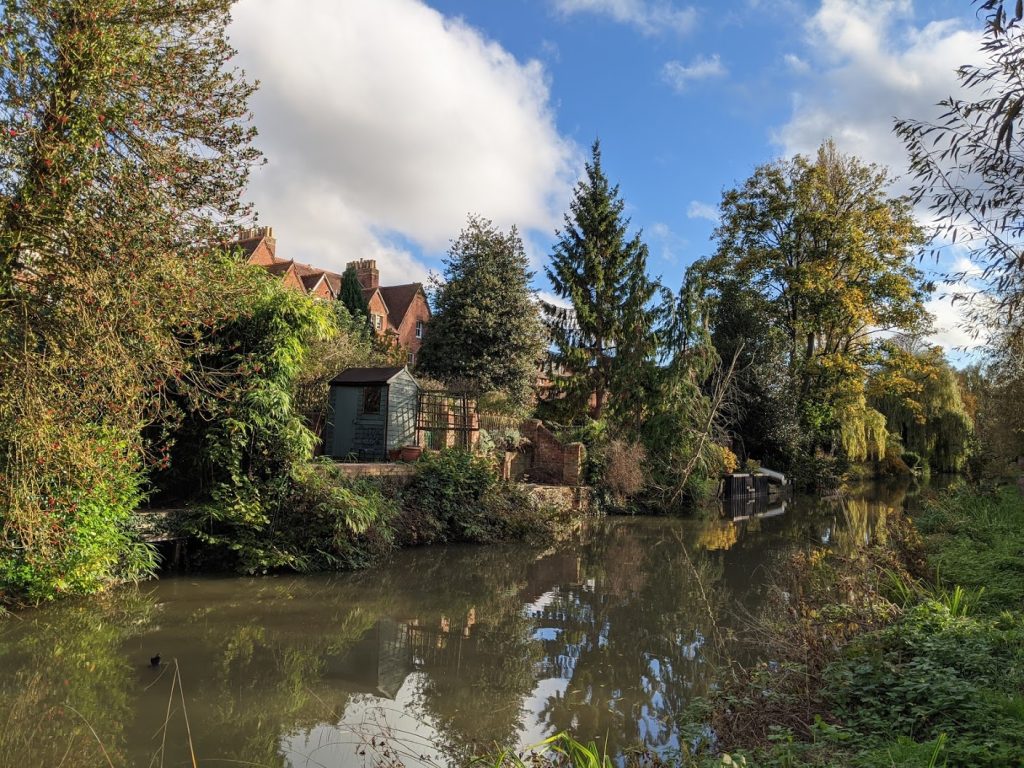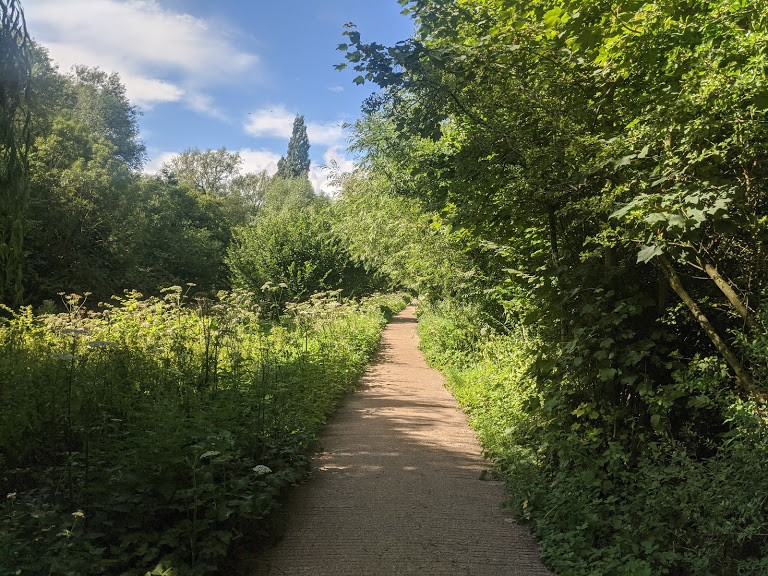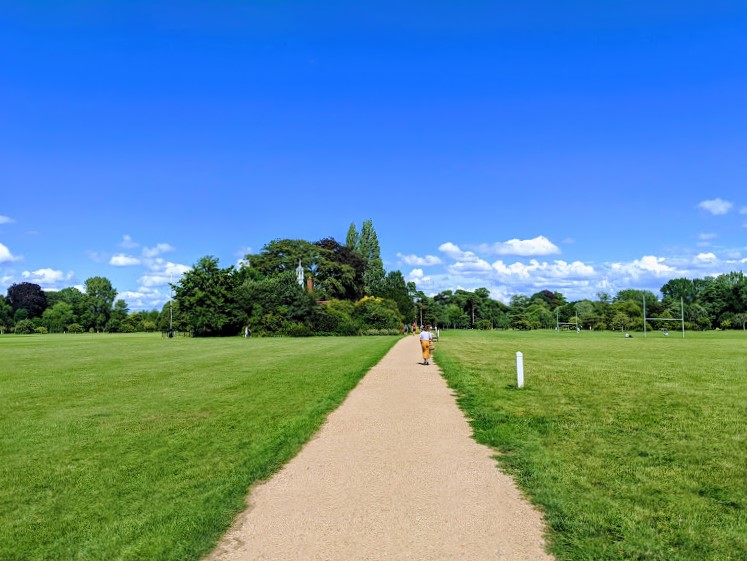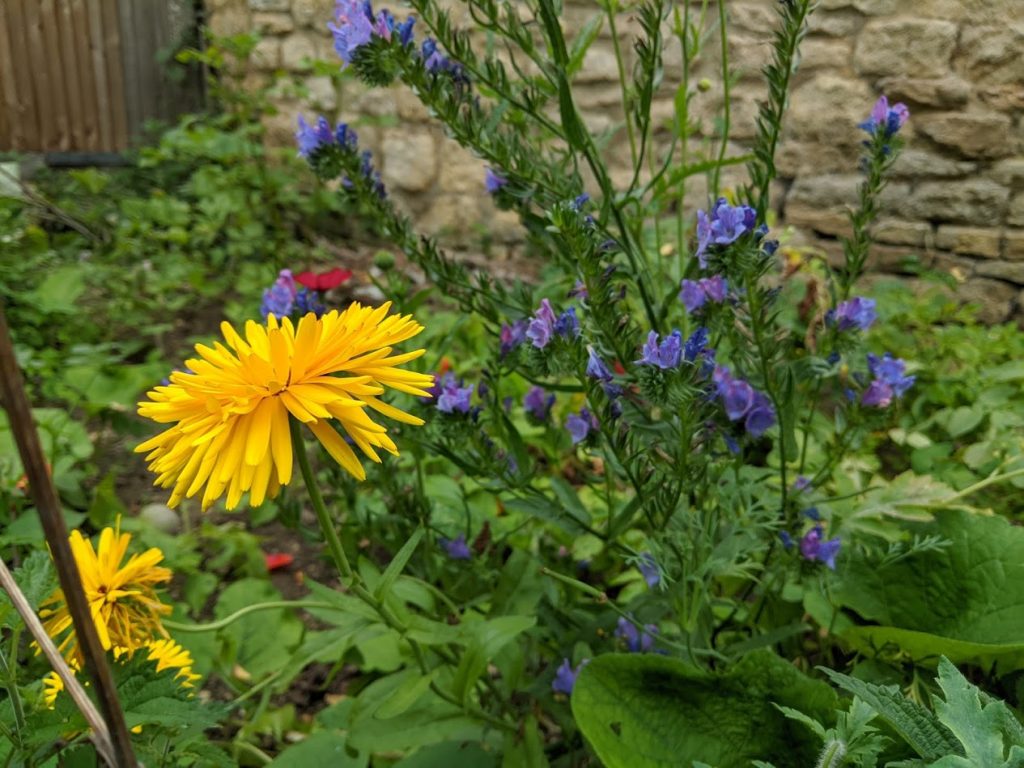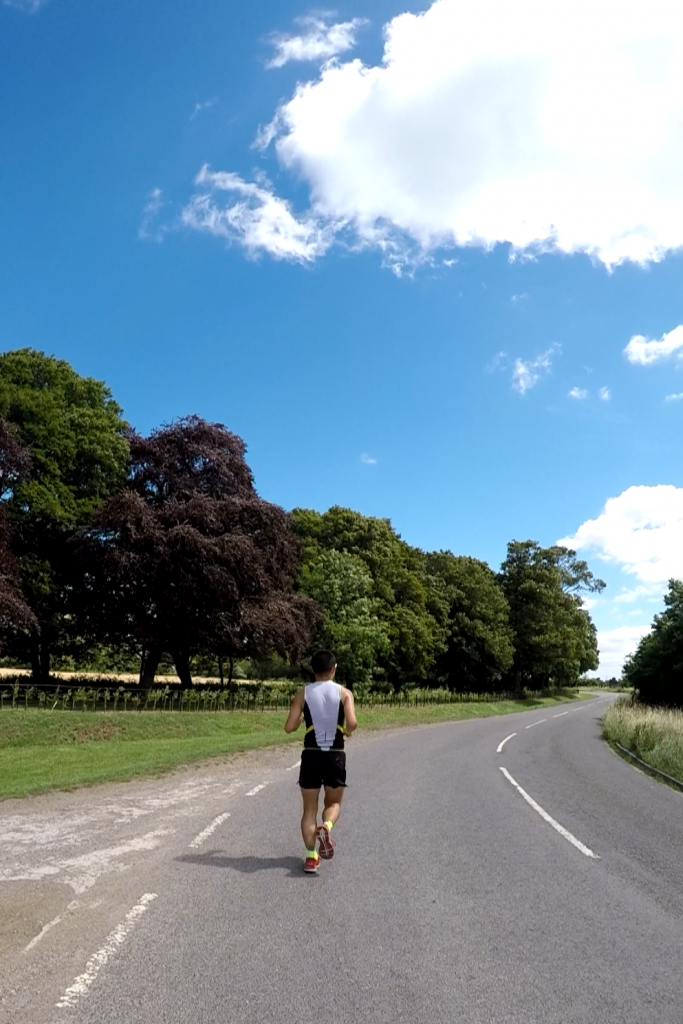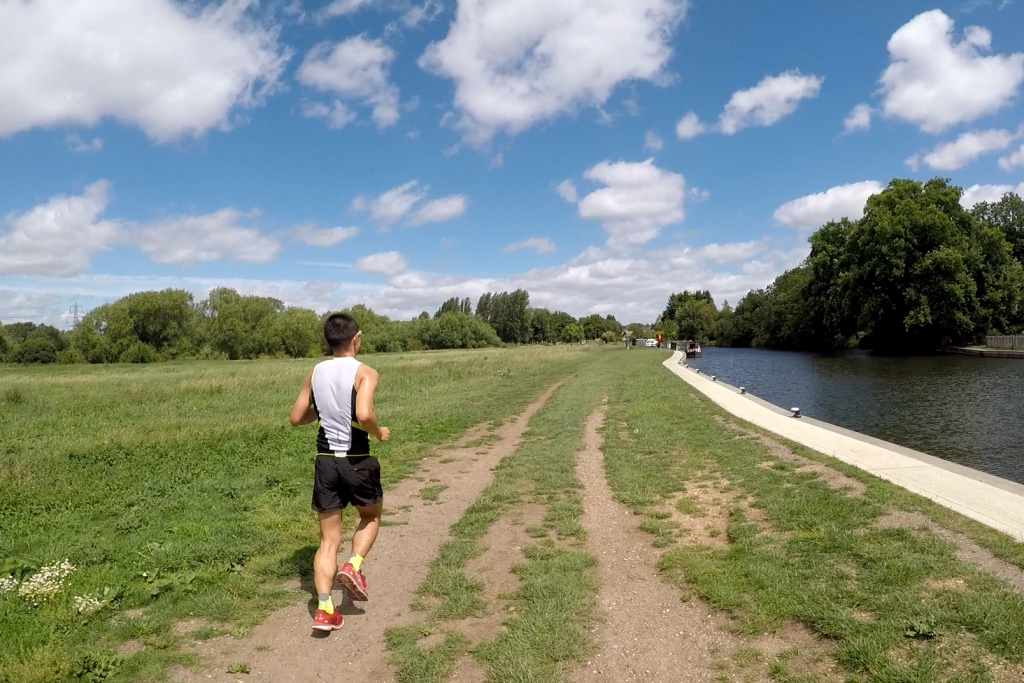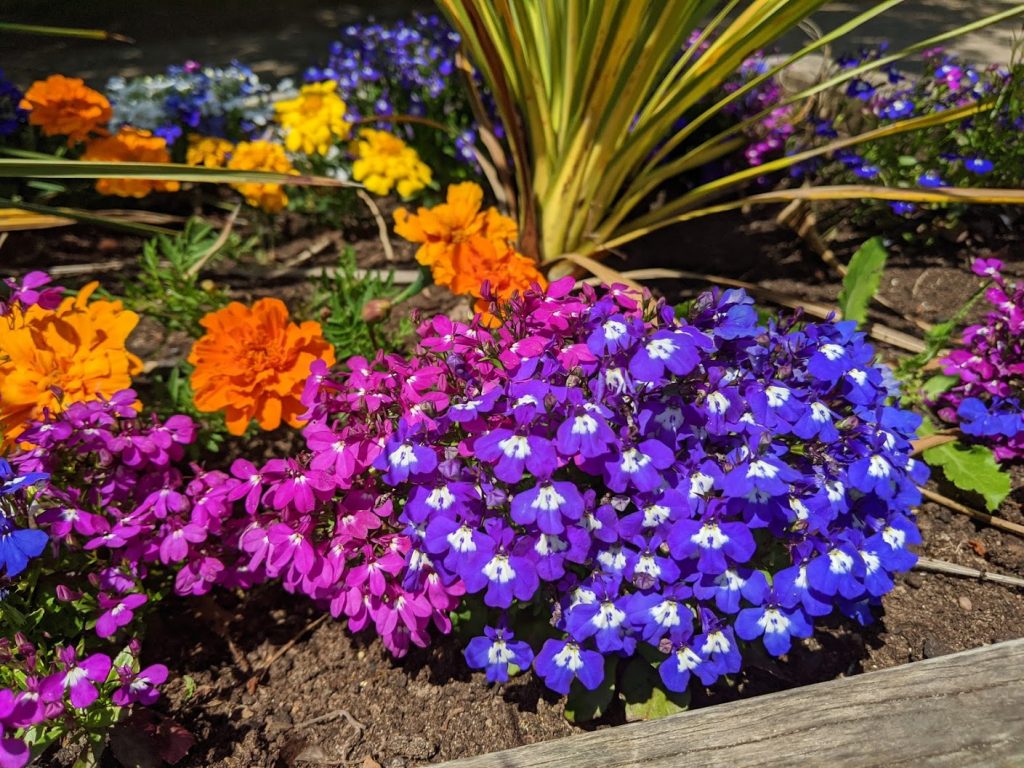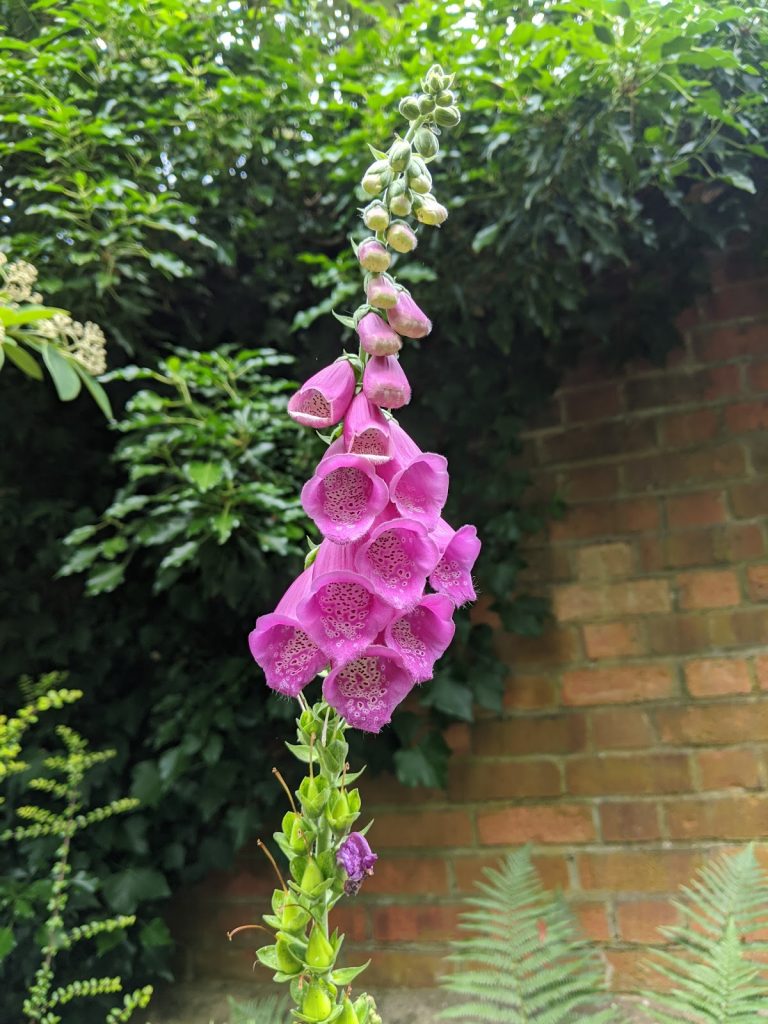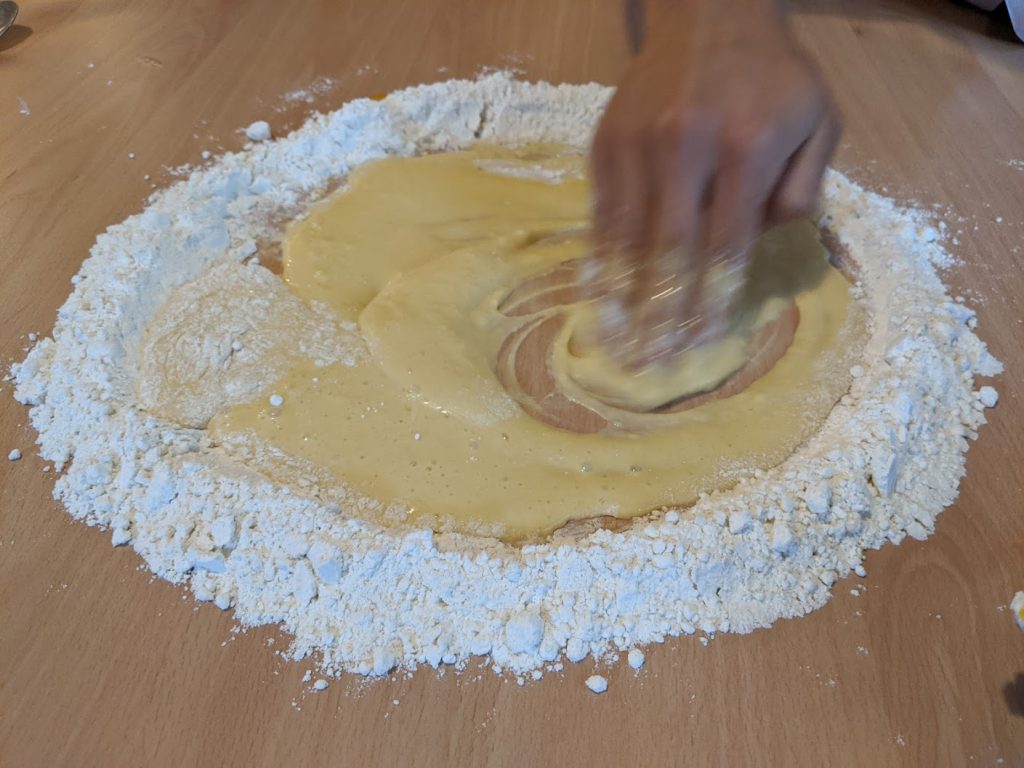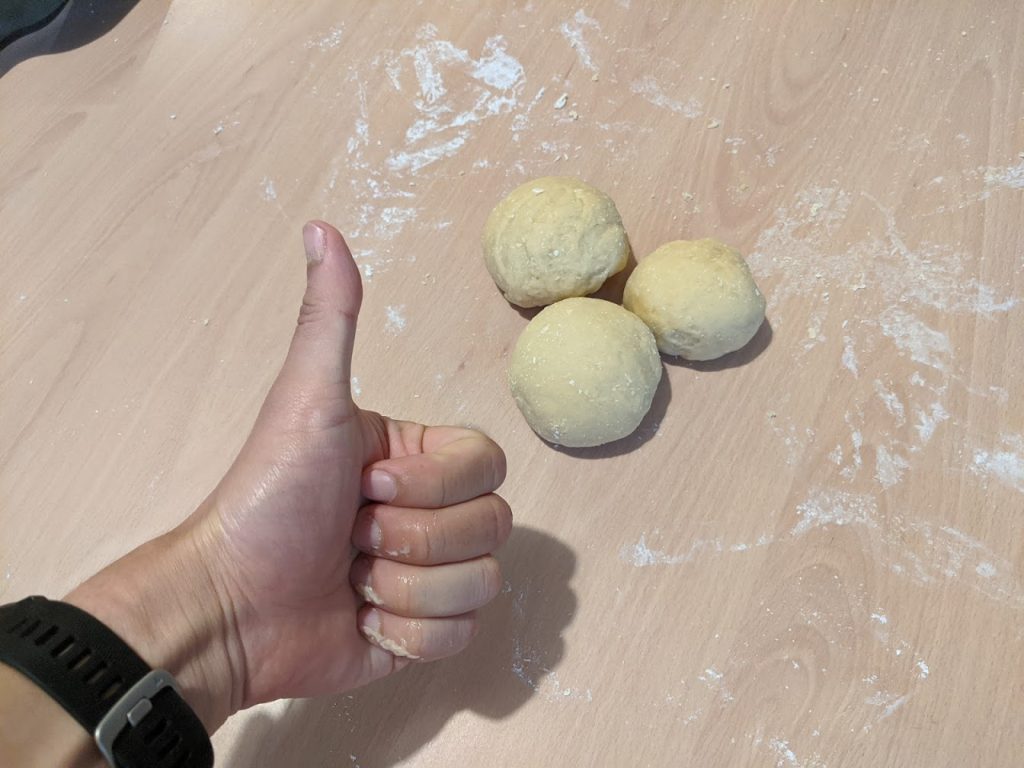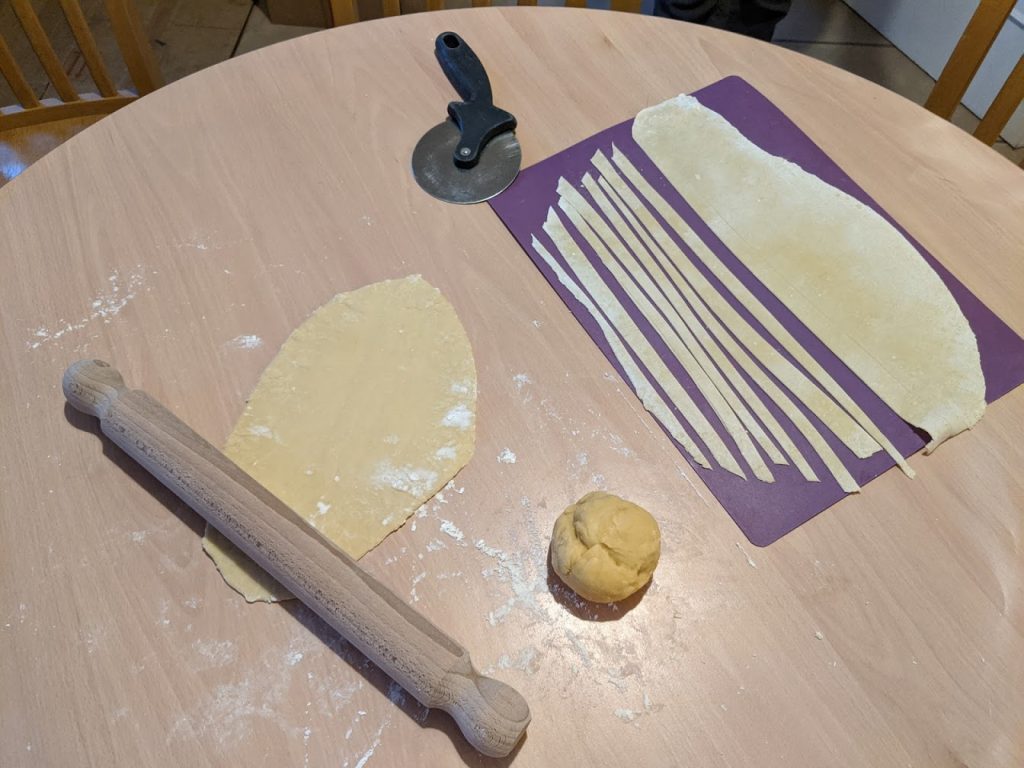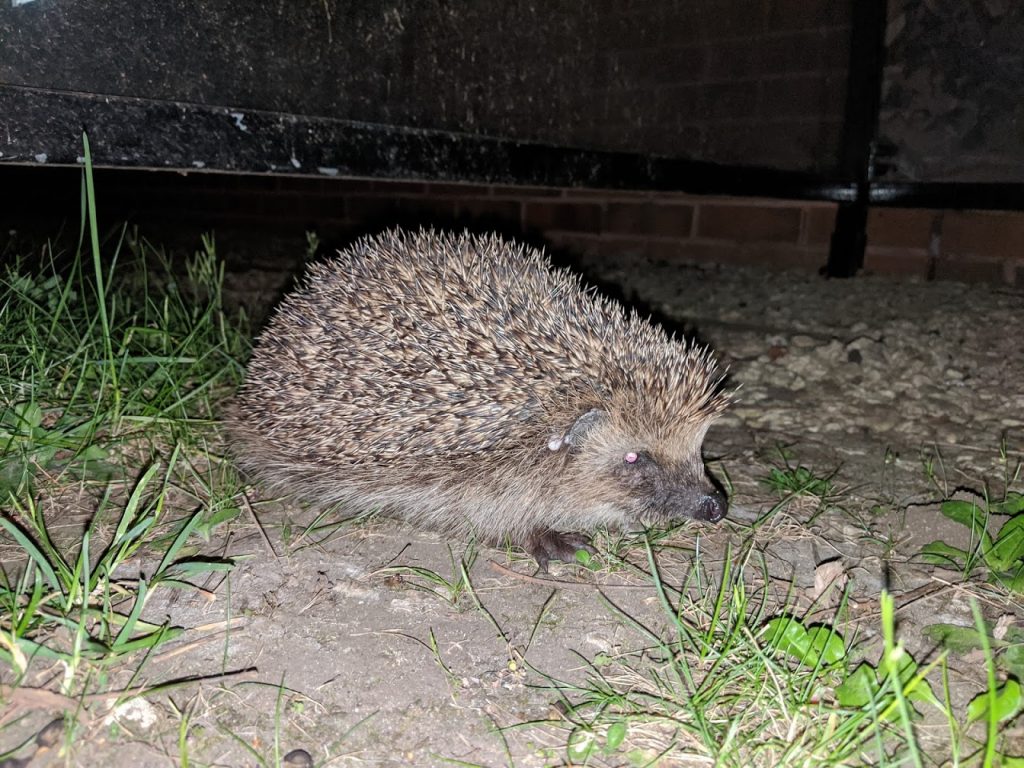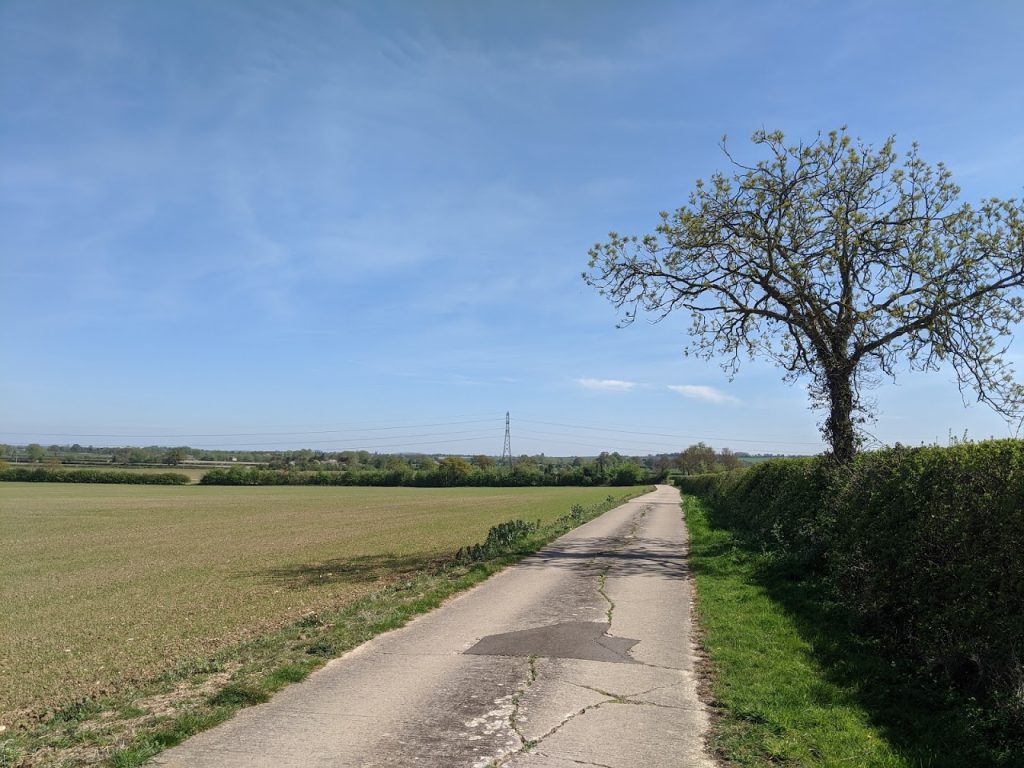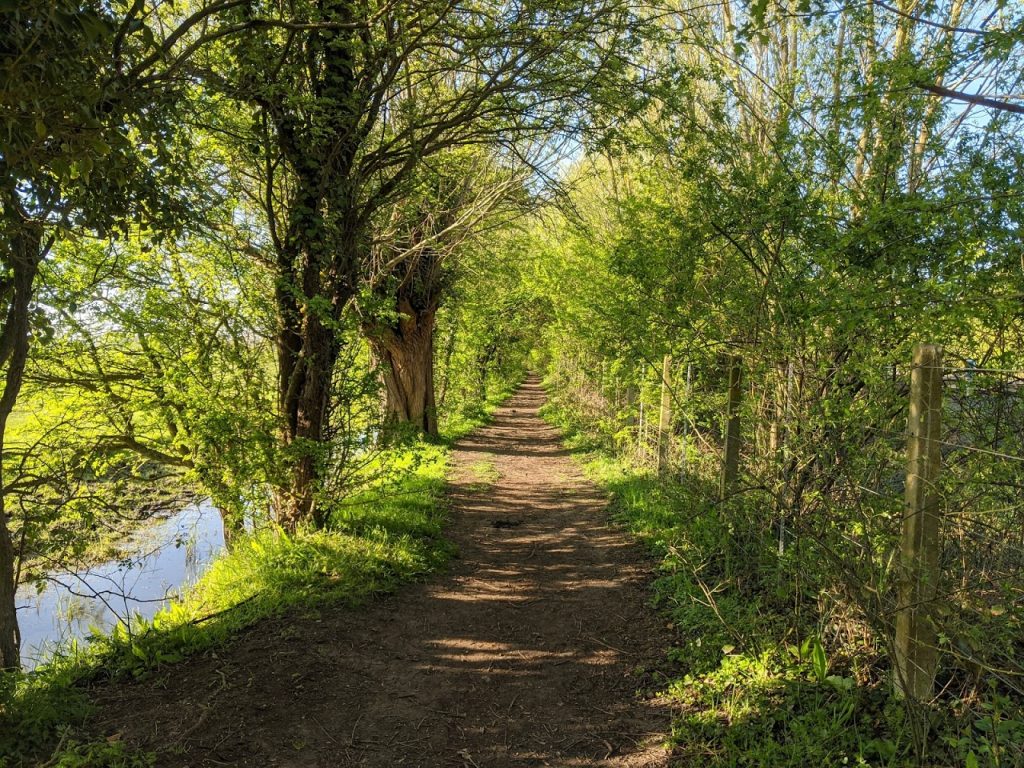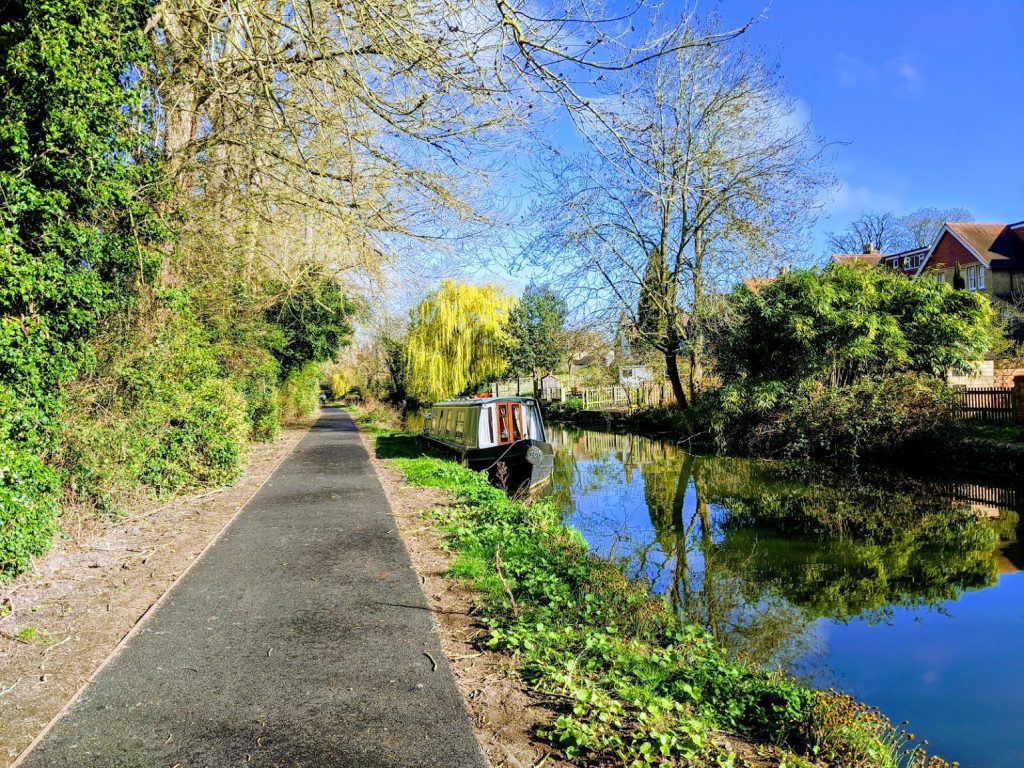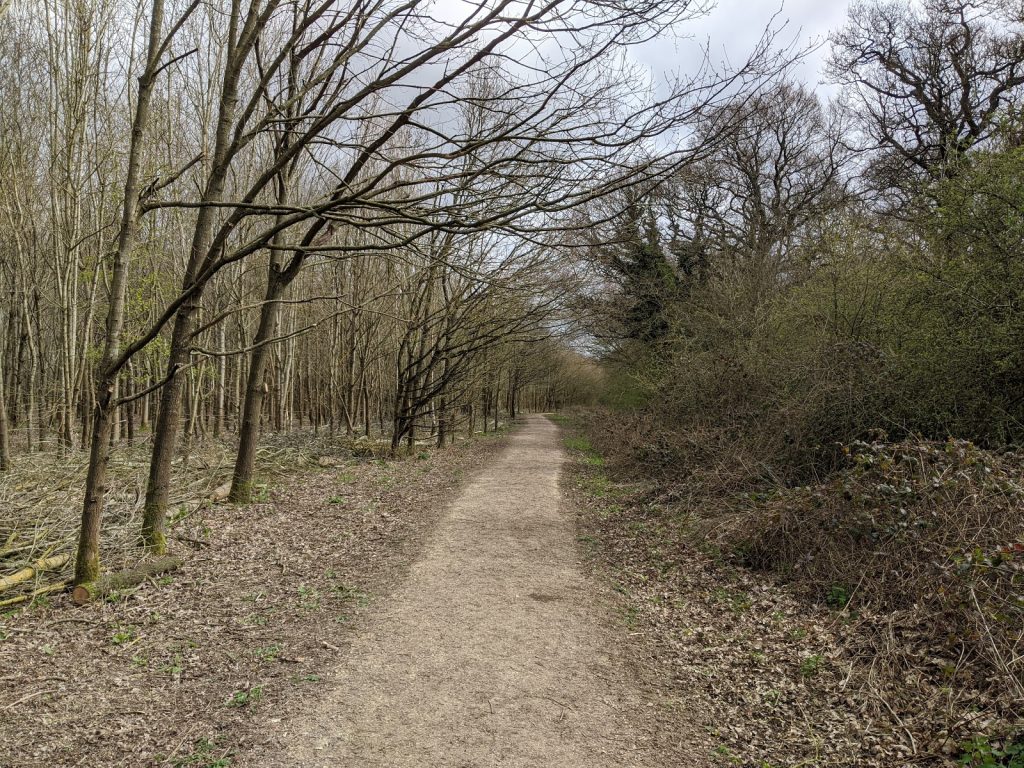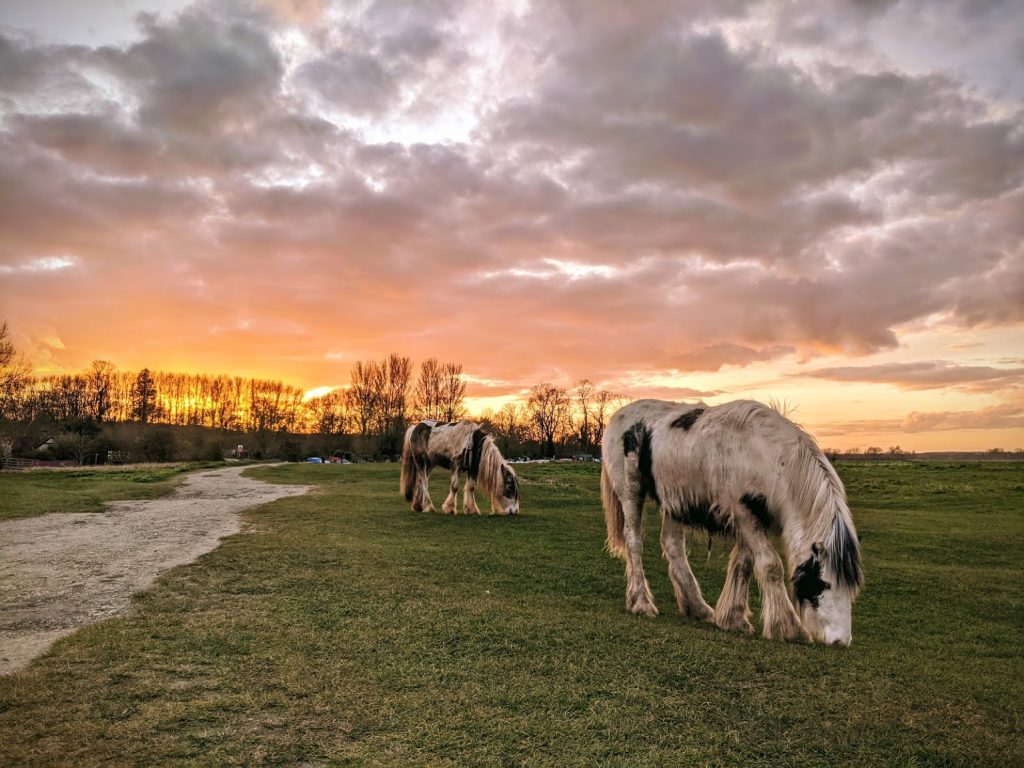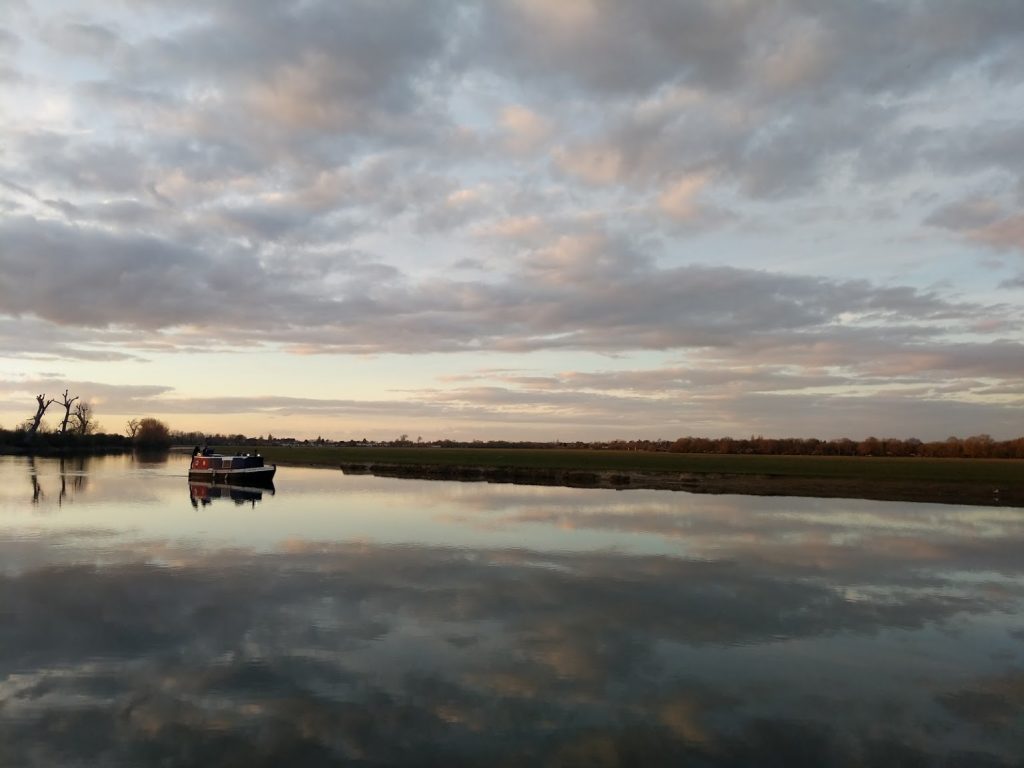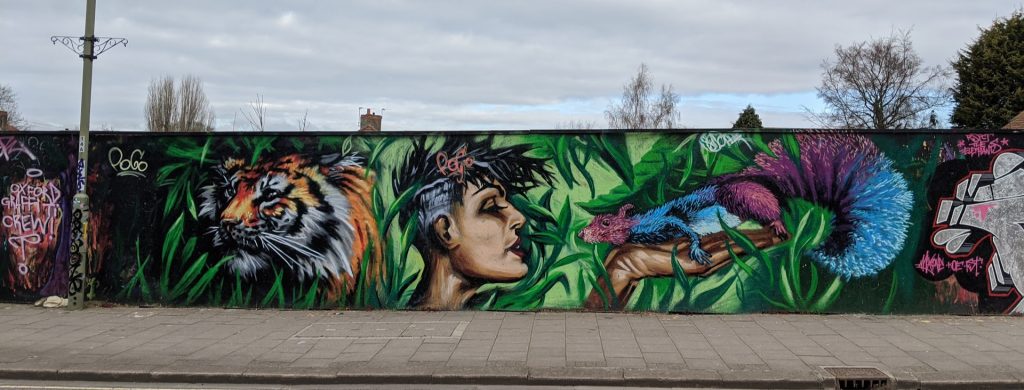Today I’m writing from the tarmac in Singapore, surrounded by people making the journey from Heathrow to Auckland. We are unable to leave the aircraft, isolating to protect the locals from possible transmission of the UK strain. It is strangely familiar to be flying after more than a year; the same Android based entertainment systems, the same tray portioned food, the same cacophony of mewling infants to make sleep a little more difficult. The masks are new, as are the temperature checks, but overall it’s not that different to flights past.
It’s been a particularly strange transition. In some ways, it’s a very sudden change. Yesterday I was in Oxford, tomorrow I’ll be in Auckland, almost opposite sides of the world. The UK has suffered thousands of deaths and is under tight restrictions of movement, life in New Zealand is largely as normal with virtually no cases. Despite the geographic and social change, having worked from home and living out of a suitcase the past few weeks, the coming two weeks in quarantine is likely to feel much the same as my last two weeks in lockdown.
I will deeply miss the community I shared at ONI. In my last few days I was left feeling so deeply appreciated by my friends (who happen to be colleagues) that the words that feel most true are to say I feel loved. Perhaps it has revealed an over investment, emotionally and socially, in my work. I prefer to think of it as having had the privilege to belong in a community of people who shared principles, who inspired me to be better, and who were reliably kind in the face of immense challenge.
I am excited for the adventure to come. Moving is an opportunity to set new goals, find new friends, and attempt to amplify strengths and leave weaknesses behind. It is likely changing countries in the midst of a global pandemic will be the most significant part of this year for me, but I hope that it is just the beginning of something even more meaningful.


